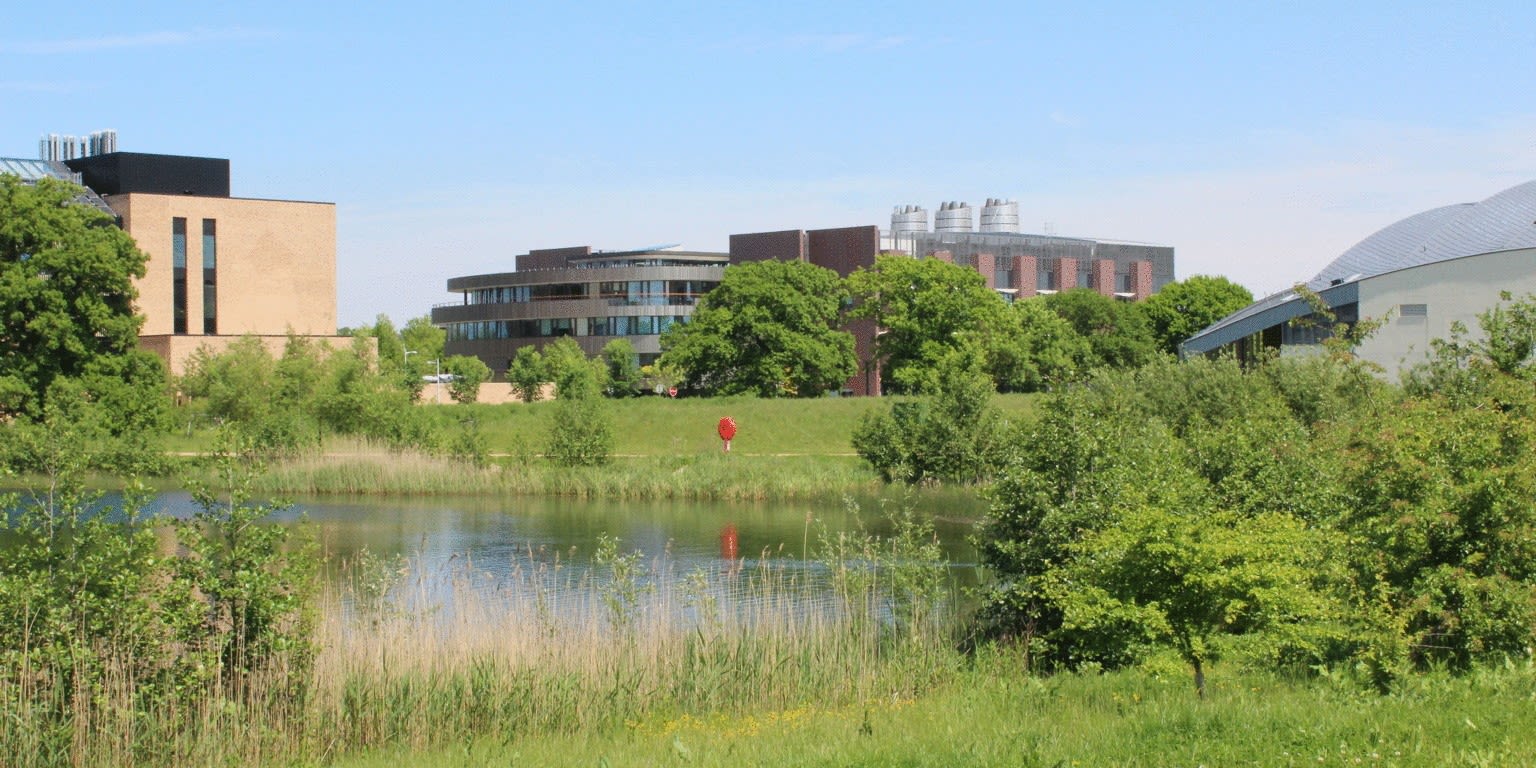CEB part of New Sustainable Chemicals and Materials Manufacturing Research Hub
Professor Laura Torrente leads the University's contributions to the new Manufacturing Hub

The Department of Chemical Engineering and Biotechnology at the University of Cambridge is a key partner in a major UK government investment in research to improve the sustainability of chemical and polymer production.
The new Sustainable Chemicals and Materials Manufacturing Hub (SCHEMA) constitutes a multi-disciplinary effort to transform the way chemicals and polymers are designed, made, and recycled. This effort will contribute to the global transition from virgin petrochemicals and redesigning processes and materials to increase recycling rates.
The Hub has been funded by £11 million from the UKRI Engineering and Physical Sciences Research Council (EPSRC) and initially leverages a further £22 million in funding from its partners.
A key focus of the SCHEMA Hub will be the design of processes that can produce chemicals and polymers from renewable raw materials such as biomass, carbon dioxide, and even industrial wastes. A key aim is to leverage recent developments in computation and information technology to design future materials that are both functional and fully sustainable, embedding principles of circular economy and end-of-life management.
The academics working in SCHEMA have strong track records in commercial partnership and entrepreneurship. Professor Laura Torrente is a co-founder of Cambridge Innovations in Ammonia which applies new optimisation approaches to Power-to-X processes to make e-fuels commercially competitive. In partnership with Cambridge Enterprise, they are also developing novel heat integration approaches for Power-to-Green ammonia processes to cope with the intermittencies of renewable energy.
Prof Laura Torrente, leader of the Cambridge contributions said:
“One of the key challenges for the chemical industry to reach net zero is its integration with intermittent renewable energy supplies. It is crucial that new process engineering approaches and optimisations are developed at the onset of the chemistry and materials discovery process to accelerate the creation of new sustainable supply chains.”
Prof Clemens Kaminski, Head of the Department of Chemical Engineering and Biotechnology said:
“Breaking the links between the fossil fuels and the chemical industries while maintaining and enhancing our quality of life is a grand challenge. Our participation in initiatives like SCHEMA demonstrates the leadership of our department in reimagining the ways we make and use things while protecting our environment. This is a truly exciting and important venture for us.”
The SCHEMA Hub is led by Professor Charlotte Williams OBE FRS from the University of Oxford’s Department of Chemistry. The programme involves academics from Chemistry, Engineering, Materials Science, Computation, Environmental Economics, and Law at the Universities of Oxford, Bath, Liverpool, Cardiff, York and Cambridge.
At launch, the team are supported by 25 companies from across the supply chain, representing polymer and material end-users.
Chemical manufacturing is crucial to the UK’s economy. It is the UK’s second largest manufacturing industry, directly employing over 140,000 people and delivering turnover exceeding £75 bn/yr. However, there is an urgent need for this industry to tackle the environmental impact from both manufacturing and its products. Greenhouse gas emissions from the global sector are significant, with it currently accounting for approximately 5–6% of emissions, which is 2–3 times larger than the global airline industry. Coupled to this are the challenges of raw material being sourced from fossil fuel extraction and refining, pollution in water and soil, and globally low rates of polymer recycling.
The Hub seeks to ensure that the UK remains at the forefront of major international efforts to transition to sustainable chemical manufacturing. The research program will train a new generation of postdoctoral and early career researchers to take leadership roles in UK sustainable chemical manufacturing.

